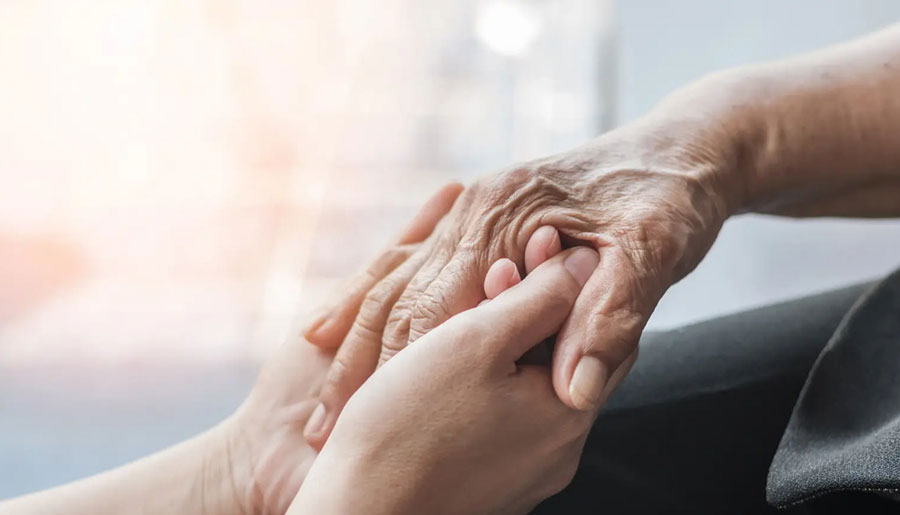Medical decisions can be confusing and overwhelming at any time, especially when it comes to end-of-life choices. Chronic to terminal patients have varying physical and mental demands. Knowing what to do in tough circumstances like this is challenging, particularly for people who are stressed or have never encountered a similar situation.
At the same time, spending time with loved ones during this time can be a blessing. According to HealthKeeperz, a family-run home healthcare business in Pembroke, North Carolina, end-of-life care at home may be a wonderful last gift that brings your loved one serenity and acceptance before they pass on. Not only do patients benefit, but their caregivers and family members may also benefit.
HealthKeeperz combines medical treatment with emotional and spiritual support for patients and families. “When curative therapy is no longer sought, we concentrate on comfort care. HealthKeeperz provides support for physical, spiritual care, and emotional support when the focus moves from quantity to quality.”
As a person nears the end of their life, being at home, surrounded family members in a familiar setting, can make a difference in their state of mind, spiritual well-being, and physical comfort. However, it requires a level of planning, commitment, and vigilance to keep up with the ever-changing needs of the patient and the evolving medical condition.
Palliative vs. End-of-life Care
The NIH says, “Palliative care is for those with severe illnesses, including autoimmune disorders, cancer, or heart failure. Patients in palliative care may get relief from symptoms combined with curative therapy for the condition itself. Palliative care focuses on a patient’s and their family’s quality of life.”
Hospice care, also called end-of-life care, refers to care given to make a patient feel more comfortable as they live their remaining days. In hospice care, no efforts are made to cure the patient. Rather, all efforts are on improving the patient’s spiritual, emotional, and physical comfort. Typically, hospice care is given to terminally sick patients whose doctors feel they have six months or fewer to live.
Both palliative and end-of-life care improve patients’ and families’ quality of life. Chronically ill or injured patients might receive palliative care for years in hopes of a cure or improvement. Depending on their condition, end-of-life patients have a six-month to a year outlook.
Holistic End-of-Life Care from HealthKeeperz
Once a patient forgoes curative therapy, spiritual and emotional care becomes more important, says HealthKeeperz. As a faith-based organization, HealthKeeperz offers spiritual and emotional support together with practical direction, top-quality medical treatment, and access to needed equipment and supplies.
HealthKeeperz says of its services “Skilled personnel provide hospice care. Our hospice staff works with patients and families to build a care plan that works for everyone involved. Patients always have the opportunity to guide their own treatment.”
This comprehensive, holistic approach enables loved ones to formulate a practical plan of action. Remember, there are tedious administrative concerns, as well. HealthKeeperz helps loved ones manage the paperwork involved, including dealing with the Department of Veterans Affairs, filing forms with Medicaid and Medicare, and even scheduling issues. Loved ones who have little experience with medications, therapies, mealtime scheduling, and personal care matters will find that they get help in a way that’s conducted in an atmosphere of caring, faith, and community that provides ease and comfort for families and loved ones during the time that they have left.
No matter how the patient chooses to live their final months, weeks, or days, the challenge on loved ones can be difficult. HealthKeeperz recommends having a team of hospice care professionals to aid families through these difficult times.

















